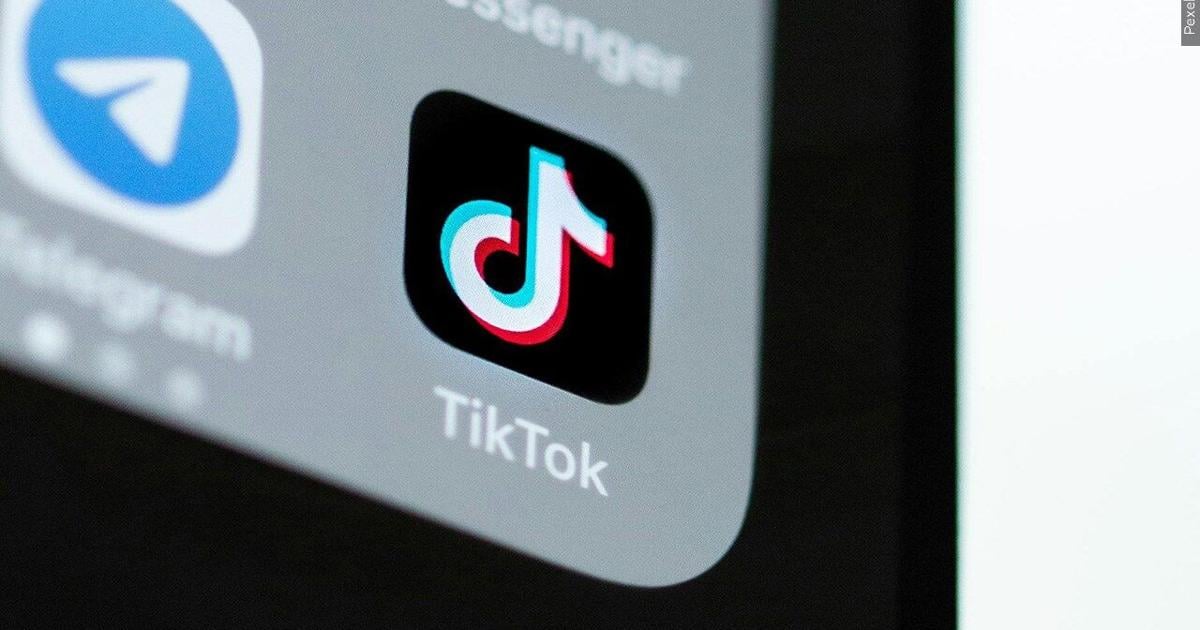MARTIN, Tenn. — TikTok has gained popularity among kids and teens with its dance challenges. But it’s now made national headlines because the app is being sued by 14 attorneys general — including in Kentucky and Illinois — for alleged harm to children’s mental health.
But is the app different from other social media apps, like Instagram and Snapchat?
Reporters spoke with Dr. Tracy Rutledge from the University of Tennessee at Martin. She said TikTok is unusual because it’s one of the only social media apps that gained popularity with children first — something not seen with Instagram or Facebook.
It’s typical for law enforcement to ask questions about the safety of children.
Social media has been around since the early 2000s, and has been evolving ever since. The latest popular app among kids and teens is TikTok.
“TikTok was a big issue for her because I did not let her have her own TikTok account until she graduated from high school,” said Rutledge.
Along with being a professor, Rutledge is a mom, and although her daughter is in college now, she was very involved with her daughter’s social media usage.
“She had to use mine (Tiktok) if she wanted to look something up,” she said.

Tracy and daughter Katelin.
Rutledge studies social media as well. She said the lawsuit filed Tuesday by several attorneys general focuses on the safety of minors.
“Dealing with how the type of content children are exposed to and teens are exposed to, and how they interact with the content. So you know, some legitimate questions there, because TikTok does attract that younger audience,” she said.
She said TikTok, like all social media, has physical impacts on kids.
“The human brain isn’t really fully developed until we’re in our mid-20s. So you’re handing a young child who’s still very impressionable and still learning, and whose brain is literally still developing, and letting these apps really influence not just who they are, but how they function,” she said.

Rutledge speaks at an event at UT Martin.
Rutledge sees impacts to mental health as well.
“A growing amount of research that shows us that it does. Social media does affect kids’ and teens’ mental health… What they see on social media is a highly curated version of reality. But then they start to feel this pressure, for well, this is what it means to be perfect. This is the kind of makeup I have to wear, or this is the type of clothing I have to wear. We know that social media adds to that pressure, on top of issues of cyberbullying and different things,” she said.
Rutledge said the minimum age for using TikTok should be higher — it’s 13 now.
“I think 13 is really young to give them social media without some really strong guardrails on there and some strong supervision to know what they’re looking at and to teach them how to interact with it,” she said.
Rutledge said parents should monitor their kids’ social media.
If your child has an iPhone or Apple device, you can set timers and app restrictions on the phone: go to settings, click screen time, and there you can set app limits, communication limits, and communication safety — to protect your kid from sensitive photos and videos.
Rutledge also said since TikTok is a foreign-owned company, it may raise more concerns about its access to our data and how it is used.


